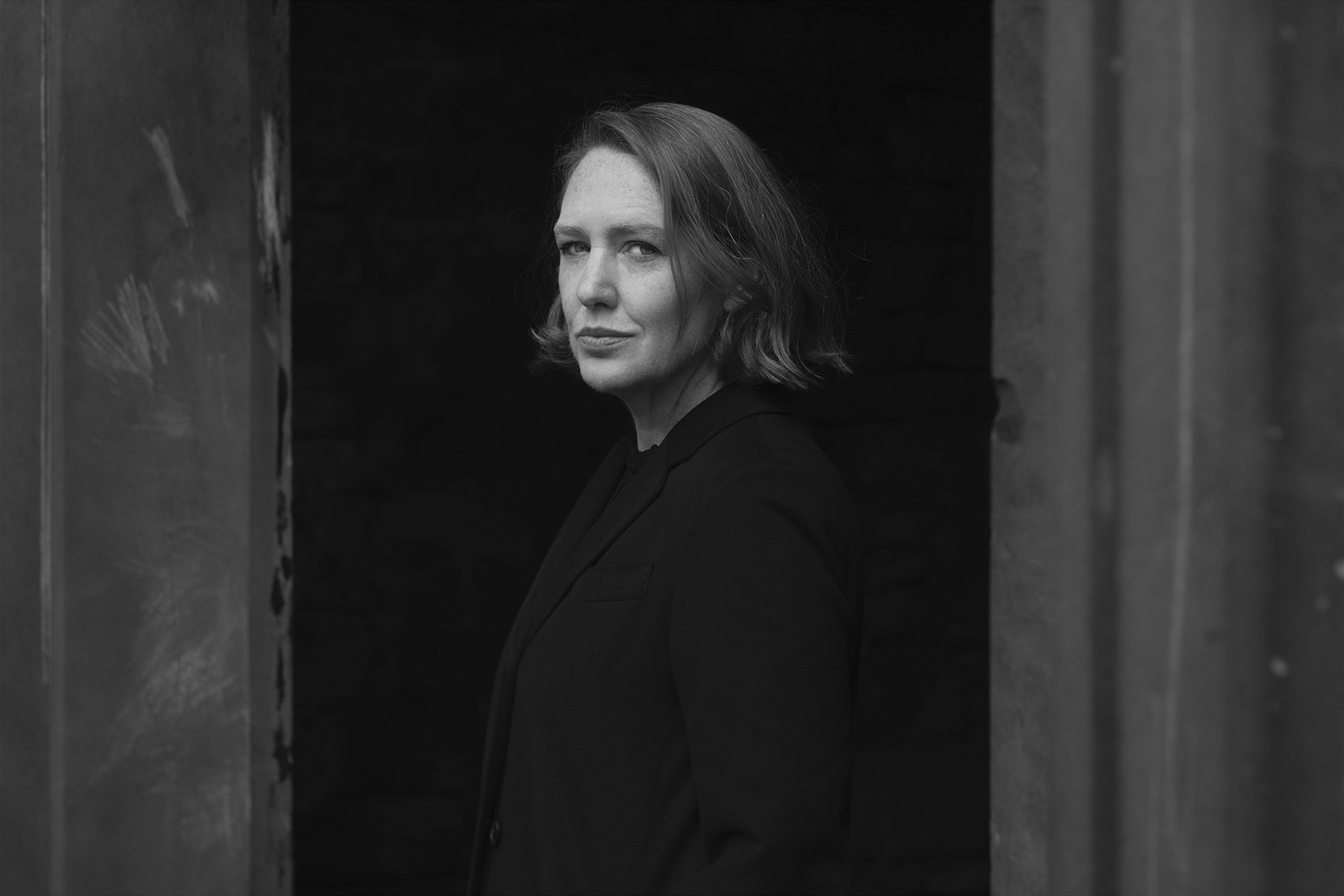- Home |
- Search Results |
- Why Paula Hawkins needs fear to write

What motivates an author to write a book? For Paula Hawkins, author of bestsellers The Girl on the Train, Into the Water and, most recently, A Slow Fire Burning, it’s something that many of her characters experience: fear.
Speaking to Nihal Arthanayake on the Penguin Podcast, Hawkins was frank and forthright on the less romantic side of writing novels. Asked if fear can be fuel for an author, Hawkins replied: “Oh definitely. I think for me it’s kind of necessary. When I wrote Girl on the Train I had certain kinds of fears about where I was going in life and the fact that I was financially struggling.”
‘If I was perfectly happy and comfortable all the time I don't think I'd be able to write’
“Those fears went away once I had a successful book but then you have different fears: you have the expectations of readers and critics and your publishing house, who have put a lot of faith in you.
“You need to be a bit discomforted, I think, to write – or to write the way I do. If I was perfectly happy and comfortable all the time I don't think I'd be able to write,” Hawkins said.
Listen to the full conversation on the Penguin Podcast
Hawkins also spoke about all of the chapters, characters and thousands of words that never even make it out of her study – and which often leave her in tears. “There are times at which you just think, ‘Oh this is never going to happen.’ But there are days when you're like, ‘Yes, yes, yes: I can see now, it all works’. So you've just got to keep going.
“There are always moments when I sit at my desk and cry, and want to abandon things. But I have a friend who always says, ‘You know, you did this the last time, and you did this the time before that.’ So you come out the other side.”
Often, Hawkins explained, the outcome of these low moments is to discard whole chunks of her manuscript. “I can remember that at one point [while writing A Slow Fire Burning] I ripped up 20,000 words and chucked them,” she said. “What you see in the final book is not everything that’s written. People ask me about why it’s taken so long, and I want to say: ‘You should see the piles and piles that were written that didn’t make it to the final version!’ For me, it’s not a linear process.”
You can listen to the rest of Paula and Nihal’s conversation on the Penguin Podcast.